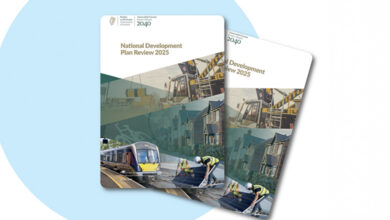Accelerating the delivery of water infrastructure
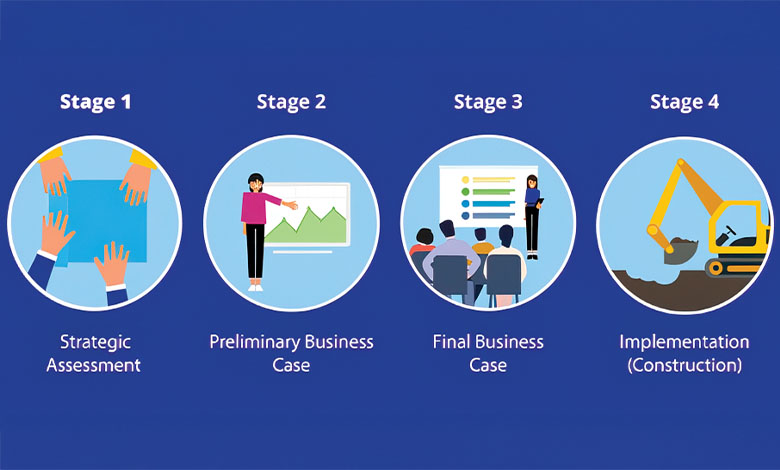
Driven by strong economic performance and greater than expected population growth, Ireland’s cities and regions have experienced rapid expansion in recent years, increasing the demand for housing, services, and related enabling infrastructure.
To unlock development, the Department of Public Expenditure Infrastructure Public Service Reform and Digitisation (DPER), has identified the accelerated delivery of new infrastructure in the water, energy and transport sectors as critical to enabling all other social and economic infrastructure development and progress1.
Water infrastructure as a critical enabler
With responsibility for supplying 1.7 billion litres of drinking water and treating 1.2 billion litres of wastewater daily, Uisce Éireann operates one of the most complex utility networks in the country. The scale and scope of its challenge are unprecedented balancing aging infrastructure demands and funding constraints against climate change resilience for national water resources, population growth and rapid urbanisation, regulatory shifts, and emerging environmental standards2. At the heart of these efforts is a pressing need to accelerate water and wastewater provision which requires a strategic and streamlined approach to national infrastructure planning and delivery.
Balancing regional development and growth
While cities and urban centres attract significant investment returns, balanced regional investment remains a key national priority. The Small Towns and Villages Growth Programme (STVGP) spearheaded by Uisce Éireann is a national programme designed to ensure that existing water infrastructure in smaller towns and villages can support economic growth and new housing needs (Figure 1). The programme supports:
- sustainable growth and development across towns and villages, while protecting the environment and ensuring a continued supply of safe drinking water;
- delivery of national policy objectives and national strategic outcomes under the National Planning Framework, by ensuring that essential infrastructure is provided within each local authority area; and
- alignment with County Development Plans to enable targeted local investment.
Uisce Éireann seeks to address wastewater treatment capacity and compliance issues at up to 840 wastewater treatment plants nationally. To date, 39 projects have been approved through the STVGP Programme nationally and an additional 11 towns and villages will also be delivered through complementary Uisce Éireann programmes.
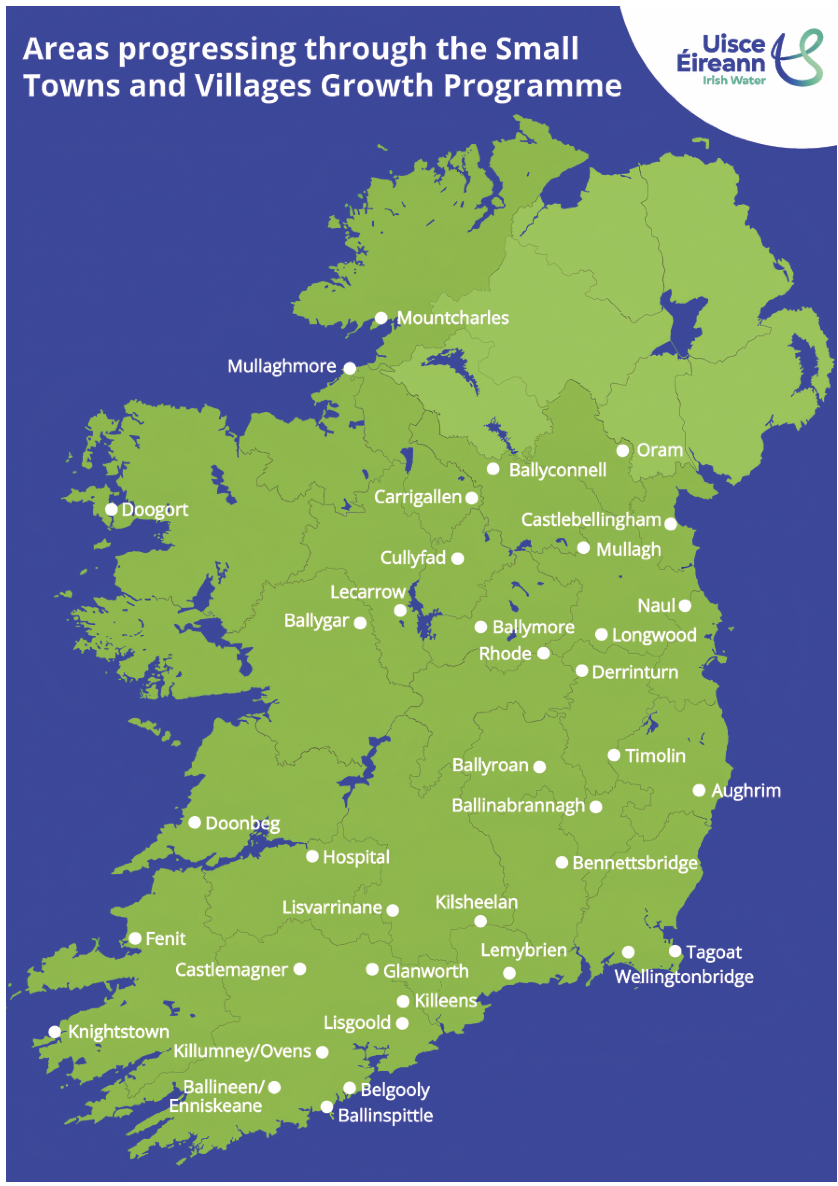
Figure 1: Areas progressing through the STVGP3
Accelerating progress with a programmatic approach
The STVGP complies with the relevant requirements of the National Infrastructure Guidelines published in December 20234. A multi-stage approvals process facilitates the delivery of capital projects and project stages are subject to procurement, planning, legal and environmental regulations.
There are 4 key project stages:
- 1: Strategic assessment;
- 2: Preliminary business case;
- 3: Final business case; and
- 4: Implementation (construction).
Jacobs supported Uisce Éireann in developing a preliminary business case (PBC) Factory model to accelerate the delivery of the STVGP. Adopting a programmatic approach model, the PBC Factory is designed to optimise productivity and streamline project lead times through its approval process, accelerating the development of a pipeline of construction ready schemes.
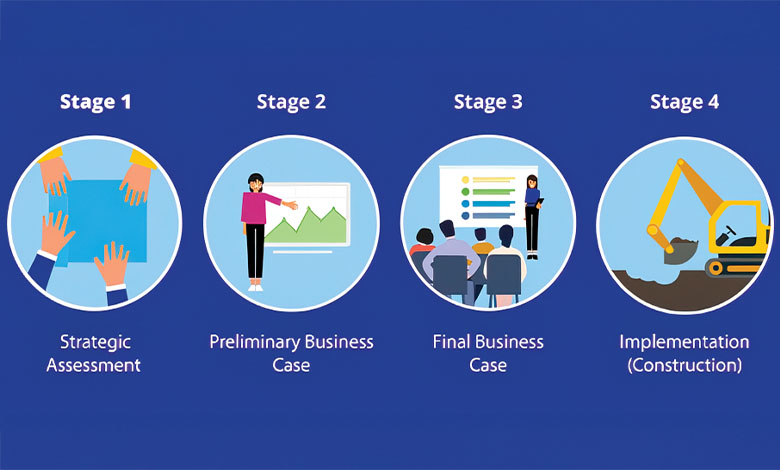
A programmatic approach provides an effective delivery model to prioritise critical projects, manage and sustain resources and streamline the overall delivery process. The packaging of projects into a long-term programme also allows utilities and their supply chain to invest in their teams and to build long-term and collaborative working relationships that support innovation and deliver tangible improvements to the delivery process.
Working collaboratively with Uisce Éireann stakeholders, Jacobs developed a delivery process for the PBC Factory that focussed on achieving consistent and efficient outcomes by standardising methods for multi-criteria option assessment to provide data driven decisions to option design, financial appraisal, climate resilience, carbon and renewable energy assessment, and project reporting. The delivery process agreed streamlined touchpoints and review periods for project stakeholders, and a focus on securing consistent outcomes.
The PBC Factory approach is already delivering results – it has improved the STVGP efficiency reducing the burden on stakeholders while developing a long-term programme of upgrades for delivery. The collaborative environment has also enabled the deployment of innovative technology solutions for efficient data analysis, commercial appraisal, and reporting to improve the productivity of the delivery teams.
Global Insights, Local Delivery
As a global leader in resilient and sustainable infrastructure solutions, Jacobs brings a wealth of expertise to helping clients navigate critical national challenges5. In Ireland, we have supported more than €50 billion worth of award-winning critical infrastructure projects across sectors including working with the National Transport Authority, Uisce Éireann, the Land Development Agency and IDA Ireland among others.
From this experience of planning and delivering significant infrastructure projects globally and locally, we have identified three key success factors for infrastructure:
Programmatic delivery models offer significant potential for more efficient use of existing resources to meet immediate challenges while bringing longer term certainty allowing for sectoral development and innovation.
A programmatic model allows for economies of scale, shared services, and data-driven optimisation across portfolios. This enhances delivery performance and resilience, particularly in a constrained labour and supply chain environment.
A longer-term approach provides the space for collaboration and improved processes that can streamline the delivery of outcomes and improve the overall productivity of the sector.
To meet the scale of tomorrow’s challenges and to enable communities all across Ireland to thrive, we must proactively integrate and improve delivery systems, accelerate innovation and deliver infrastructure that supports growth, safeguards public health and enhances the environment.
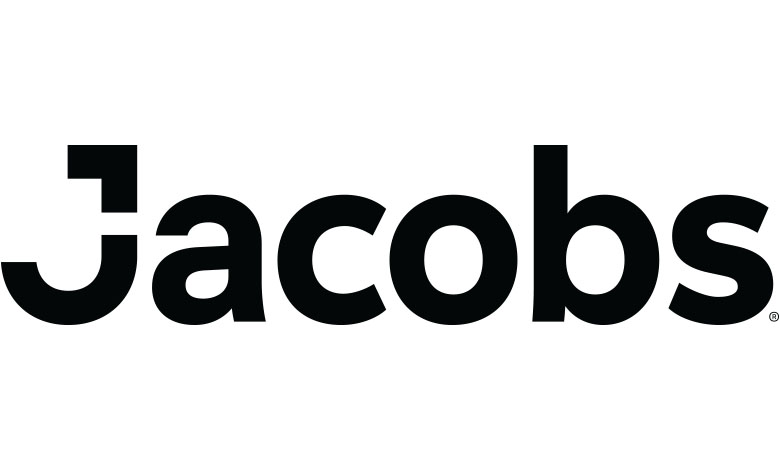
E: Nick.Stokes@jacobs.com
W: www.jacobs.com
1:https://assets.gov.ie/static/documents/Report_on_Engagement_and_Barriers_to_Infrastructure.pdf
2: www.water.ie
3: https://www.water.ie/projects/national-projects/small-towns-villages-growth-programme
4: https://www.gov.ie/en/department-of-public-expenditure-infrastructure-public-service-reform-and-digitalisation/collections/infrastructure-guidelines/
5: www.jacobs.com


